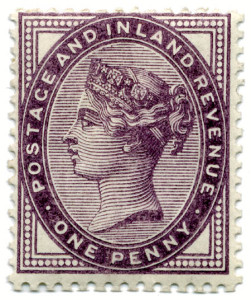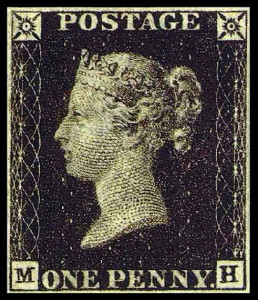It’s our last day of looking at the more bizarre prohibited items in countries across the world. It’s always helpful to know what’s prohibited in the country you are posting to as you don’t want to risk losing an item you’ve sent as a gift or that you’ve cherished for its value in the past. Today we’re looking at some of the prohibited items of interest in Germany.
Playing cards are a common gift and are probably one of the most recognised forms of gaming in the entire world. Germany has playing cards on there list of prohibited postal items unless they are complete decks that are properly wrapped. Germany prohibits loose playing cards as they are often used to carry drugs through postal networks.
Other unique items on Germany’s prohibition list include pulverised cocoa beans and the alcoholic drink Absinthe. Pulverised cocoa beans are a reasonably common food ingredient and Absinthe could potentially be sent as a gift.
It’s vital that you take a look at our list of prohibited items in Germany to ensure that you don’t lose anything you cherish when posting to Germany. Playing cards are often regarded as valuable collectibles which is why it’s important you only send properly wrapped and complete decks to Germany.



 Embossed postage stamps were also used, in a variety of octagonal designs. The age of the Penny Red came to an end in 1880 along with the start of the new surface printed stamps. The Penny Lilac was issued subsequently in 1881 and lasted until the end of Victoria’s reign in 1901. The Penny Lilac was also the first stamp issued that was valid as both a postal stamp and a revenue stamp; used to collect taxes or fees on documents.
Embossed postage stamps were also used, in a variety of octagonal designs. The age of the Penny Red came to an end in 1880 along with the start of the new surface printed stamps. The Penny Lilac was issued subsequently in 1881 and lasted until the end of Victoria’s reign in 1901. The Penny Lilac was also the first stamp issued that was valid as both a postal stamp and a revenue stamp; used to collect taxes or fees on documents. On the 6th May 1840 the very first postal stamp was introduced. As a way of combating the financial losses of the Postal Office, 1d was charged for prepaid letters, whereas 2d was charged if the fee was collected from the recipient. This meant it was better for the sender and the recipient to prepay for their letter, plus the Postal Office received the money straight away (some messengers would be likely to pocket the money received and claim the letter was lost).
On the 6th May 1840 the very first postal stamp was introduced. As a way of combating the financial losses of the Postal Office, 1d was charged for prepaid letters, whereas 2d was charged if the fee was collected from the recipient. This meant it was better for the sender and the recipient to prepay for their letter, plus the Postal Office received the money straight away (some messengers would be likely to pocket the money received and claim the letter was lost).